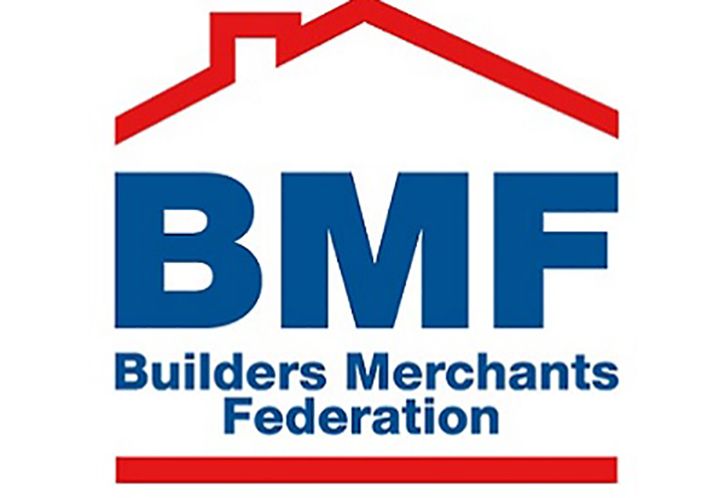UK DIY News
BMF Shares Ideas For Growth With Chancellor

In the lead-up to the Autumn Budget, the BMF (Builders Merchants Federation) has written to the Chancellor of the Exchequer, Rachel Reeves, asking her and fellow ministers to consider five policy topics with ideas for economic growth, which would help BMF members.
The BMF had previously welcomed the Labour Government’s ambitions to build 1.5 million new homes during this parliament. Instead of the promised growth, however, the rate of house building activity has fallen over the past year. Fresh impetus is required to deliver new homes of all types and tenures, and the BMF is seeking a budget that will foster business-friendly conditions, with proposals that lead to a real increase in housing delivery.
The BMF also highlighted the negative impact of the significant increase in Employer National Insurance Contributions and increases in the National Living Wage and National Minimum Wage. The BMF cited evidence that these measures have led to recruitment freezes and lower staffing levels within member companies – an unwelcome situation in a sector that plays an essential role in the supply of materials for the housing market.
BMF CEO John Newcomb said: “Our pre-Budget submission reflects our focus on increasing construction activity in Britain following several years of little or no growth. BMF members play a vital role in the construction industry, particularly by supplying materials and building products needed for new housing and property upgrades to meet current energy and thermal efficiency standards. In writing to the Chancellor, we are not only communicating members’ concerns, but we are also providing suggestions for potential solutions.”
The policy areas covered in the BMF’s submission are:
- Inheritance Tax Business Property Relief
- New Home Ownership
- Business Packaging Waste
- Decarbonising Homes
- Low Carbon Heating
Inheritance Tax Business Property Relief
The BMF has campaigned against the changes to Business Property Relief and shared examples of its negative impact on the many private and family-owned businesses in membership. It is now urging the Chancellor to delay the start date of the changes to conduct a formal consultation and/or introduce transitional provisions. Without these steps, those affected are likely to defer or cut back on investing in or expanding operations, to the detriment of the economy.
New Home Ownership
Inter-generational challenges in the housing market have been identified as an issue requiring attention. The BMF is proposing an equity loan scheme aimed at assisting First-Time Buyers with their deposits to make new-build mortgages more affordable. Under the proposal, builders would pay a fee similar to the commercial fee paid by mortgage lenders to HM Government for mortgages offered under the Mortgage Guarantee Scheme. Developers would contribute to the initial investment, allowing HM Government to retain the full equity share.
Business Packaging Waste
The BMF has called out the inequity of primary or shipment packaging via intermediaries, such as BMF merchants and distributors, being counted as household waste, unless the intermediary can prove otherwise. The overwhelming majority of materials sold by BMF members are used only by trade customers, yet they are now obliged to pay hefty Extended Producer Responsibility (EPR) fees. The Government’s wrongful assumptions about the building material supply chain will have an inflationary effect on other policies, notably housebuilding, and require urgent review.
Decarbonising Homes
A substantial number of homes remain inadequately insulated, lacking cavity wall, solid wall, or loft insulation. The BMF is suggesting the introduction of a ‘Warm Homes Stamp Duty Incentive’ to encourage homeowners to improve their homes’ energy and thermal performance. Varying the rate of Stamp Duty to nudge and reward households that act will boost the market for such work, generate local jobs and growth and help on the road to net zero carbon emissions by 2050.
Low-Carbon Heating
The Clean Heat Market Mechanism, which compels boiler makers to meet increasing government quotas to sell heat pumps pro rata to their boiler sales, has not proved effective in encouraging consumer demand and serves only as a tax on British manufacturers.
The BMF has asked for quotas to remain at current levels for a further year and is urging the Government to re-balance the cost of energy. The economics of heat pumps do not make sense with the current differential between gas and electricity prices.
Source : BMF
Image : BMF
Insight provides a host of information I need on many of our company’s largest customers. I use this information regularly with my team, both at a local level as well as with our other international operations. It’s extremely useful when sharing market intelligence information with our corporate office.











































